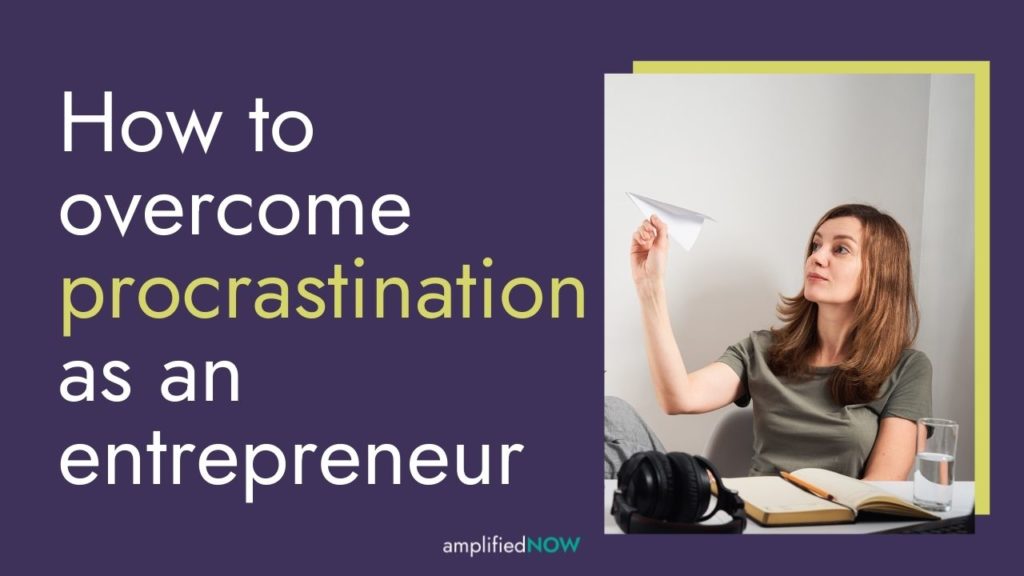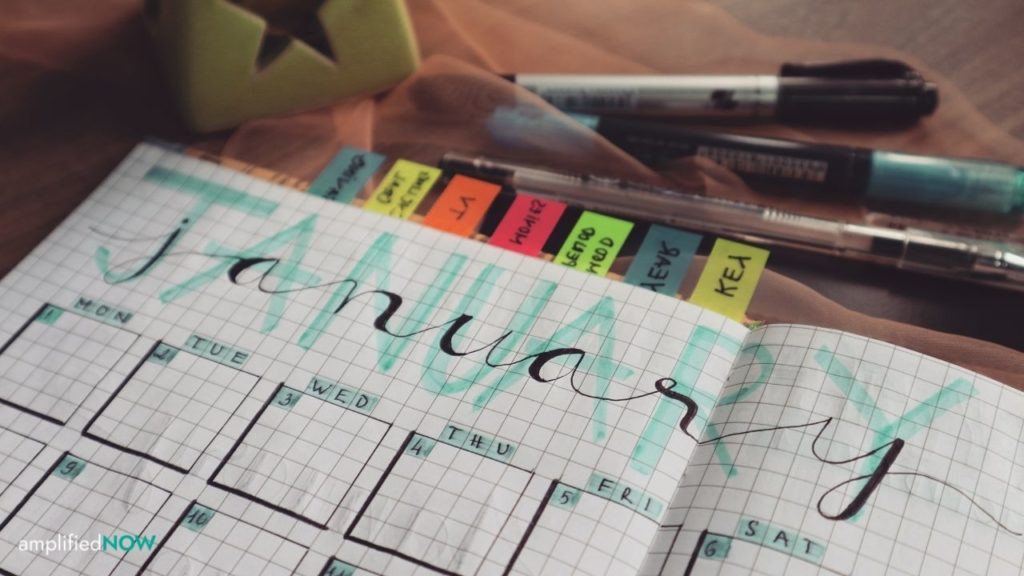Crafting Proposals That Win Projects
Hold onto your hats folks, we’re diving headfirst into the thrilling world of proposal writing.
Yes, you heard that right – thrilling! We’ll have you snagging those projects faster than you can say “E pluribus unum”.
Getting Ready to Rumble: Preparation is Key
Before you pen down a single word, get to know your prospect client and the project up for grabs.
Just like your granny always said, “Knowledge is power” – or was it Uncle Ben?
- Research: Look at the client’s history and their industry. Familiarize yourself with any challenges they might be facing.
- Project Scope: Understand what the client is looking for in this project.
- Competition: Know your competitors. Find out what they’re offering and how you can do better.
No Beating Around The Bush: Be Clear And Specific
Don’t wow clients with fancy jargon or complex sentence structures.
They’re shopping for solutions, not a vocabulary lesson.
Keep your proposal straightforward, simple, and specific.
Forget the smoke and mirrors. Just tell them you can help and how.
Hey Big Spender: Talk Budget
Money talks, but that doesn’t mean it should be speaking gibberish.
Ensure that your budget breakdown is as clear as a June afternoon.
Transparency breeds trust and a well thought out, clear budget will set you apart.
Who knew number crunching could be your secret weapon?
The Ace Up Your Sleeve: Showcase Your Success
Some might call it showing off, we call it winning.
Provide testimonials, case studies, or any material to showcase your success.
Don’t be a wallflower at this shindig, let them see why you’re the belle of the ball.
Here are some tips to help you build a portfolio that wows your audience.
Sealing the Deal: Follow Up
So, you’ve sent the proposal and the ball’s in their court
That doesn’t mean you should be chilling with Netflix just yet.
Follow up, reach out, and let them know they’re not forgotten.
Let Forbes guide you on this delicate dance of sales follow up.
Take Home Message
Writing a winning proposal isn’t rocket science, it’s about preparation, simplicity, transparency, great showcasing, and effective follow up.
So, get out there and knock ‘em dead, tiger!
Your Secret Weapon: Do Your Homework
To impress your potential clients, you need to show them that you understand their needs and are prepared to meet them.
Research their business, their history, and their industry.
By demonstrating your knowledge of their challenges and proposing clear solutions, you’ll show them you’re not just another generic service provider.
You’re a valuable partner who’s ready to help them succeed.
Be Concise, Clear, and Specific
Avoid confusing your clients with technical jargon or intricate sentences.
Rather, present your proposal in a straightforward, comprehendible, and detailed manner.
Remember, clients are seeking solutions to their problems, not a complex vocabulary lesson.
Be honest about how you can assist them, without any exaggeration or ambiguity.
Be Transparent About the Budget
An unclear financial plan can lead to misunderstandings and problems down the line.
Ensure that your budget breakdown is as transparent and clear as possible.
This will help to establish trust between you and your potential client, especially when it comes to discussing finances.
A well thought out budget can, in fact, be a major selling point in your proposal.
Showcase Your Achievements
Don’t shy away from displaying your past success stories.
Include testimonials, case studies, or any other evidence that illustrates your previous victories.
This would help potential clients visualize how you can help them succeed in their own businesses.
Click here for some tips on how to build an impactful portfolio.
Perform a Follow Up
It is crucial to follow up on your proposals to remind potential clients of your interest in their business.
However, this should be done delicately; you wouldn’t want to come off as pushy.
Take a look at this Forbes article for tips on the fine art of follow-ups in sales.
Conclusion
Writing a winning proposal does not require extraordinary expertise. All it takes is careful preparation, simplicity in presentation, transparency in budgeting, showcasing your past performances, and a well-executed follow-up.
So, go ahead! Secure that deal and shine in your field.
When writing a proposal, it’s critical for your success to give it the necessary time, effort and focus it deserves. Take your time to understand your potential client’s needs and present your solutions in a manner that’s simple and easy to understand.
Make your budget breakdown transparent and clear to establish trust with your potential client and turn it into a selling point in your proposal. Showcase your past achievements, testimonials or case studies to solidify your standing and give the client a clear image of how you can benefit their project or business.
Don’t forget to remember your proposals. This act not only reminds your potential client of your keen interest but also gives a strong impression of your professionalism. Just remember to keep it light and not to come off as pushy.
In conclusion, writing a winning proposal does not require you to be an extraordinary expert. With careful preparation, simplicity in presentation, transparency in budgeting, showcasing your past performances, and a well-executed follow-up, you can confidently secure that deal and excel in your field. Providing a solution to your potential client’s needs, expressing your proposal in simple terms, making your budget breakdown clear, showcasing previous work, and remembering to follow-up are all part of a successful proposal. It ultimately comes down to your preparation, clarity in presentation and building trust with the client.
Consequently, always allocate enough time and resources to thoroughly understand your potential client’s requirements and present your solutions in an easy-to-understand way.
Consider your budget breakdown as one of the selling points of your proposal by making it clear and transparent. This initiates confidence and trust with your potential client. Additionally, showcasing your past performances, testimonials, and case studies can reinforce your proposal and give the client a clear image of what they can expect from you.
But don’t forget, following-up is also a critical part of this process. It demonstrates your professionalism, reinforces your interest, and keeps you top of mind with the client. Remember though, you want to come off as attentive and keen, not overbearing.
In conclusion, writing a winning proposal is not about being an expert but about being prepared, clear, trustworthy, evidence-based, and professional in your follow-up. This is your key to sealing the deal and excelling in your field.


